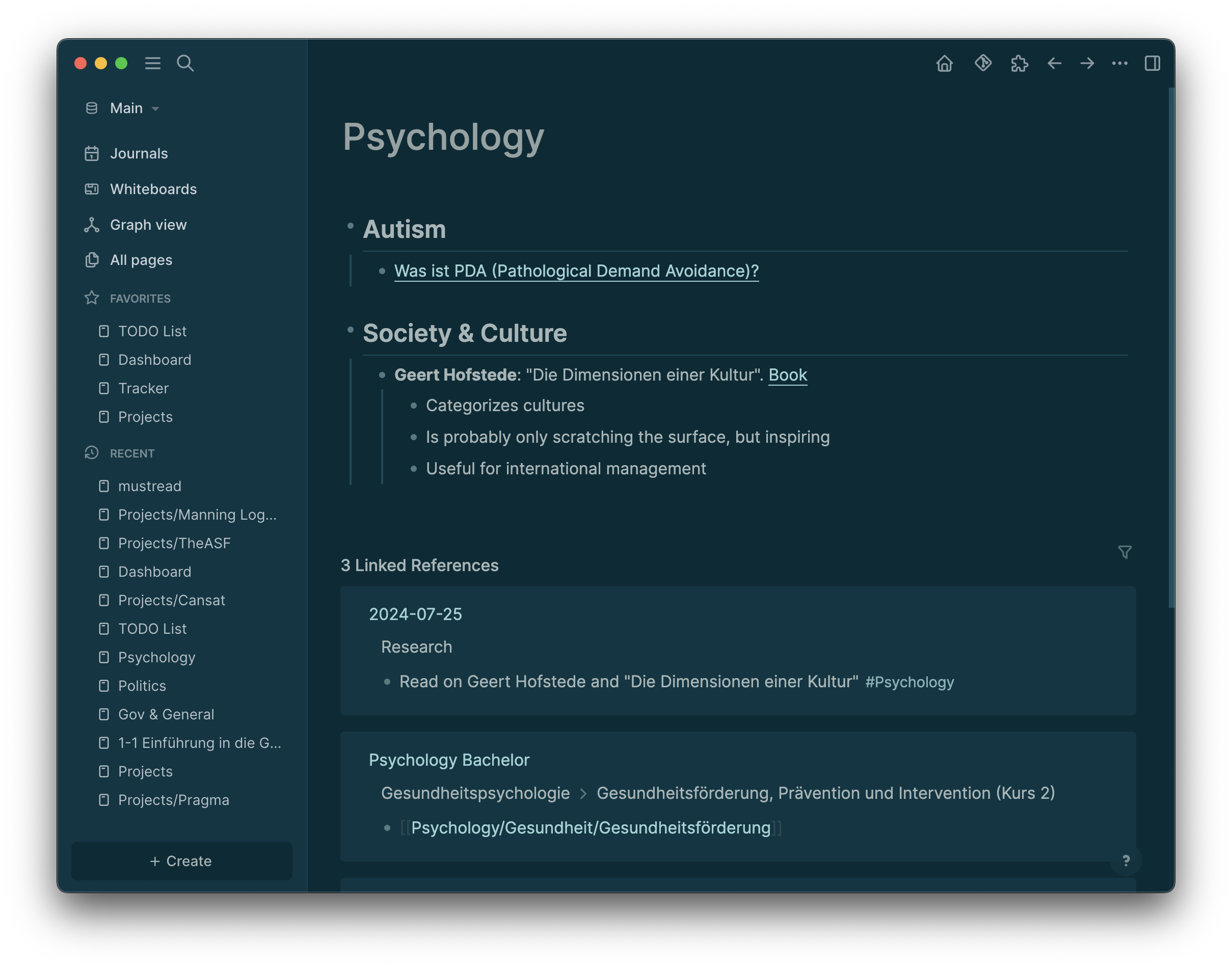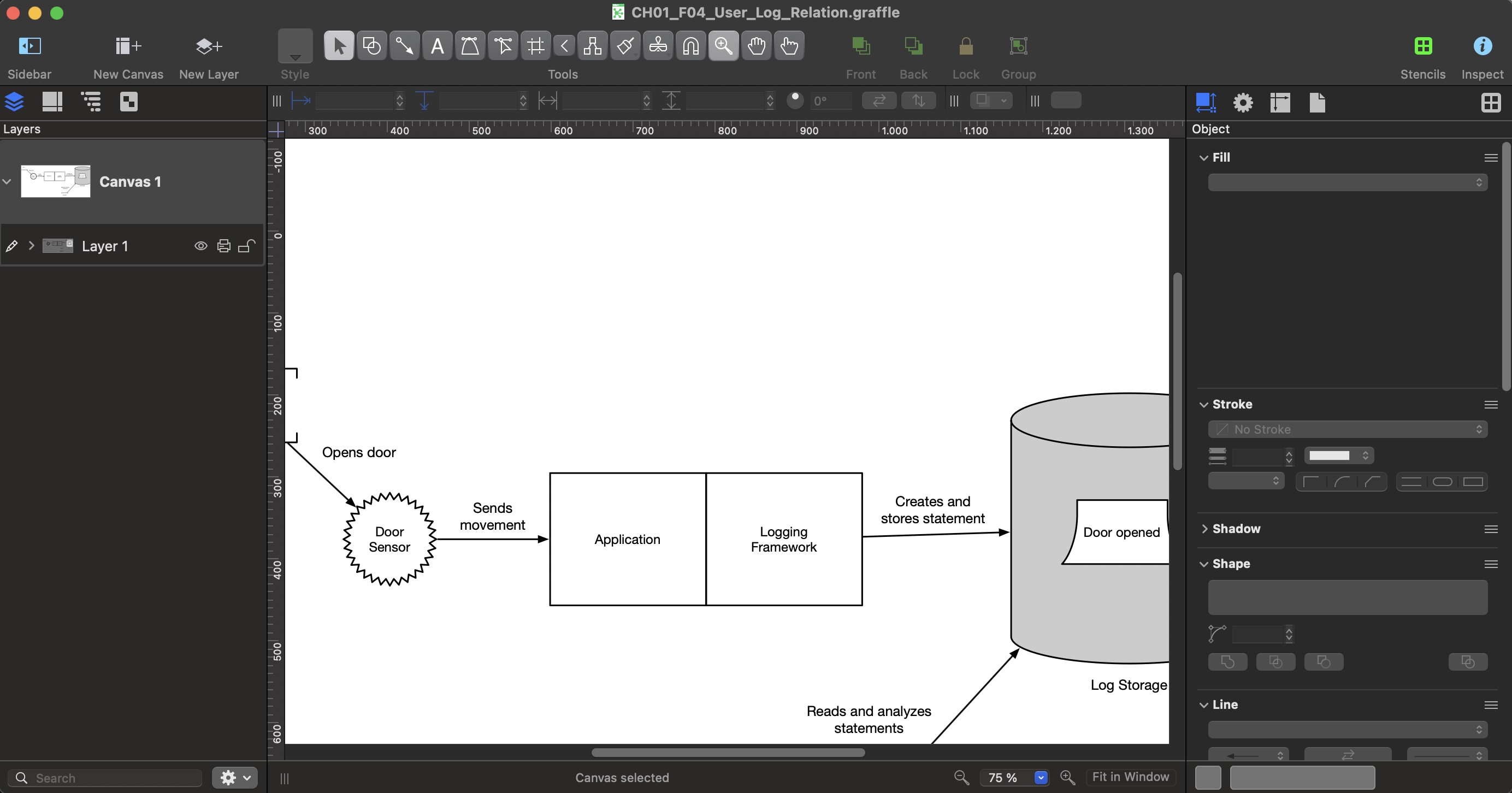Best of Tools in 2024
This year was hectic. Extraordinary projects like the funding of STF were in full swing. I had to maintain and develop training content and eventually traveled to Japan recently. My productivity hit a wall, forcing me to rethink my work and embrace new tools to stay ahead.
Luckily, I’m always open to experimenting with new tools and services. Meeting trainees and exchanging ideas exposed me to various recommendations—and reminded me of a few gems I’d forgotten.
Writing with Grammarly
As someone who isn’t a native English speaker but writes extensively in English, tools like Grammarly have become necessary. 2015, I criticized Grammarly for its lack of invoices, clunky plugins, and missed corrections. Ironically, that post could have benefited from Grammarly itself.
Fast-forward to 2024, and my relationship with Grammarly has changed. After giving it another shot last year, I’ve become one of its top 10% power users (or so their insights tell me). Even my editor recently thanked me for using it. Thanks to Stripe integration, invoices are no longer a problem. This tool has gone from a source of frustration to a key part of my writing process.

Takeaway
If you write frequently and need to polish your work consistently, Grammarly is worth revisiting—even if, like me, you had a rocky start with it.
Organizing Knowledge: Obsidian vs. Logseq
Knowledge is power—if it’s well-organized. Apple Notes served me well for years, but it started to buckle under the sheer volume of information I needed to track. Trainees recommended Notion, but its pricing, cloud dependence, and overall vibe didn’t click with me.
Enter Obsidian and Logseq, two Markdown-based tools that work offline and give me complete control. Both tools are excellent and have their pros and cons.
- Logseq: Great for quick notes in list form. With some coding, you can make Logseq your task management tool or let it look whatever you prefer. It’s very powerful. Unfortunately, it lacks polish for long-form writing. This form of thinking requires some practice. It also can annotate PDFs, which makes it great for studying. While the desktop app is excellent, the iOS app needs improvements though. Syncing between devices is a hassle.
- Obsidian looks polished and well-designed but has a steeper learning curve—at least for me. It’s owned by a company and not a community, but your data remains on your devices. It is ideal for creating notes and collecting knowledge but cannot annotate PDFs.
I want to mention Joplin, an open-source alternative to Apple Notes. It uses Markdown under the hood and works well generally. Since I was replacing Apple Notes, I didn’t look too long into it and moved on. If you just get started taking notes, this might be something for you.

Moment of Enlightenment
Organizing knowledge is like tending a Zen garden. It takes a long time to get used to it and make it a habit, but it rewards you with reducing cognitive load. Write everything down. A digital notebook can become your sanctuary of clarity.
Rediscovering OmniGraffle and OmniFocus
Two tools I’ve used for years in the past but rediscovered recently are OmniGraffle and OmniFocus.
OmniGraffle has been invaluable for creating polished diagrams for an upcoming book I’m writing with Manning. While I love Pixelmator for editing photos, it turned out to be the wrong choice for book diagrams. OmniGraffle’s templates and ease of use helped me quickly produce professional-grade visuals.
Similarly, I’ve moved my to-do list back to OmniFocus. While Logseq handles task management well, OmniFocus feels like an old friend—reliable, efficient, and just the right level of structure for me.
Lessons learned
Remember the old tools you were happy with. Better always use them.

Streamlining Finances with Lexware
Accounting has always been my least favorite task, but Lexware has made it bearable. Recommended by my accountant, this tool helps me upload invoices, track expenses, and prefill invoice details using recognition features.
Panic-Management
The result? I’ve reduced my accounting costs by over 80% and gained peace of mind, knowing when to panic.
Linux, Tuxedo Computers
Maybe the next tip is not a software tool but worth mentioning: my lightweight Tuxedo Linux laptop. I took it to Japan this year as a low-cost, travel-friendly option, and it exceeded expectations. Robust, lightweight, and capable of handling 90% of my work, it’s now my Plan B for life after Apple.
Using Linux also forced me to rethink my presentations. For the first time, I tried Reveal.js, a JS framework for creating beautiful, shareable, and offline-capable slides. It was my first try using it and it took me a while to get my designs and slides right. Luckily, I had some CSS skills. Now, I enjoy the fact that I can store my slides in Git. I also have a CSS file that I can reuse all the time. A big bonus is when you are doing many presentations. Drawback: I could not connect my Logitech Presentor to Reveal or my Linux Laptop.
There is more than just one Ramen-soup
Trying different soups gives you different flavors. In this case, trying different operating systems gives you different perspectives.
Thoughts on 2024
This year has been a whirlwind. I expect 2025 to become quieter. Still, I will continue to improve my tools. Every minute I save with tools I can spend with my family. Simplicity and focus were and are my top priorities.
If you have any tools that made your life easier, please let me know on Mastodon or Bluesky— I’m always curious to learn about new ways to work smarter, not harder.
Image Credits
- Tools: Philip Swinburn. License: Unsplash License
Tags: #Tools #Productivity #Writing #Coding